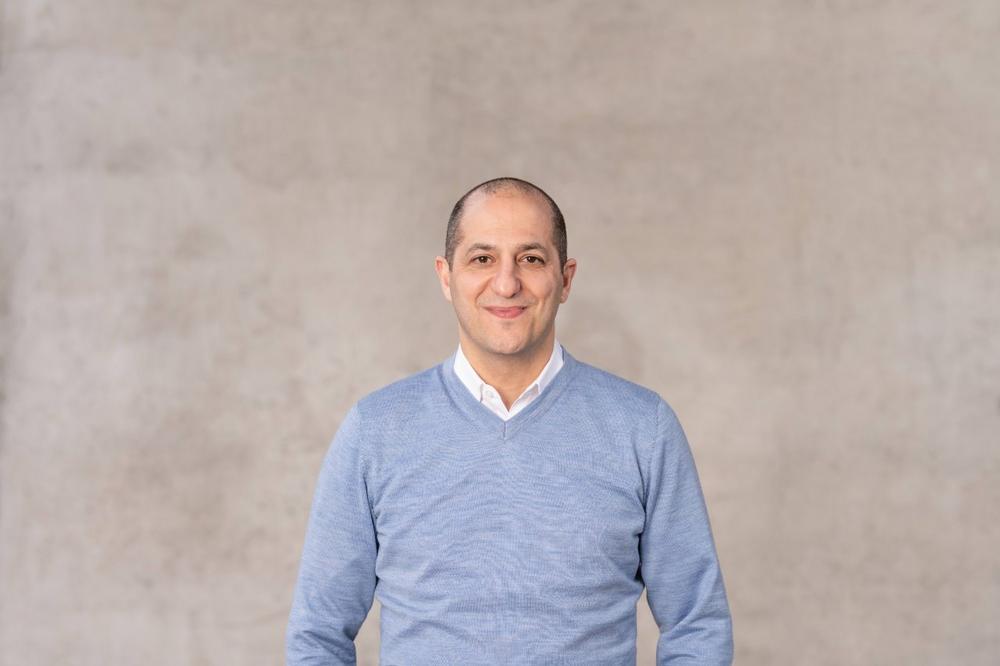- Rapid expansion of heat pumps and e-cars in Germany is pushing local power grids to the limit.
- High investment requirements coupled with lengthy approval procedures make it difficult to modernize electricity grids.
- Seasonal electricity storage systems for buildings relieve the burden on electricity grids and make an important contribution to the energy transition.
The Federal Network Agency is planning to ration electricity to prevent local power outages in the future when too many households run their heat pumps and charge their e-cars at the same time, according to the president of the Federal Network Agency, Klaus Müller, in a recent press report. This is because the transformation of local power grids is going too slowly, while at the same time the expansion of heat pumps and e-cars is booming. In 2022, sales of heat pumps increased by 53 percent alone. In the next few years, the German government wants to double these expansion targets again – to 500,000 new heat pumps annually. Particularly in winter, this expansion leads to a sharp increase in electricity demand and pushes many local power grids to their capacity limits.
"To ensure that the roll-out of heat pumps and e-cars succeeds without restrictions for citizens, a parallel expansion of seasonal electricity storage systems in buildings is needed. Thanks to the high capacity of picea year-round electricity storage system, buildings‘ year-round electricity consumption from the grid can be reduced – especially in winter," says Zeyad Abul-Ella, founder and CEO of HPS Home Power Solutions AG, the world’s leading provider of green hydrogen-based year-round electricity storage systems for buildings. "Seasonal storage is a missing link of local power grids. That’s because they are quick to install, do not require a permit, are already available on the market today, and help to meet the challenge for power grids."
The need for investment in distribution grids will amount to more than 100 billion euros in the next few years, for example, expects the management consultancy Oliver Wyman in a study published in January 2023. But it is not only the high costs of converting power lines that are a bottleneck in the energy transition. The approval procedures for upgrading distribution grids as well as the transformation often take many years. At the same time, electricity demand will rise to 658 terrawatt hours by 2030, according to the German Federal Ministry for Economic Affairs and Climate Action. In 2022, 482 terrawatt hours were consumed.
Seasonal electricity storage systems for buildings, such as the hydrogen-based electricity storage system picea, store the surplus solar electricity of the summer as hydrogen and make electricity available when it is needed. By combining seasonal electricity storage systems for buildings with heat pumps and photovoltaic systems, a large part of the electricity, heating and hot water requirements can be covered by renewable energy throughout the year. Every kilowatt hour that is self-consumed and not fed into the grid reduces the need for expansion in the distribution network. Installation can take place immediately. Approval procedures are not required.
"Private and commercial building owners can already achieve independence and thus planning security for their energy supply by using renewable energy and seasonal electricity storage systems today. This relieves the strain on local power grids, immediately reduces the consumption of fossil energies and protects the climate. In view of the ambitious climate targets, which envisage a 55 percent reduction in CO2 emissions by 2030 compared with 1990, these are crucial factors," says Abul-Ella.
HPS is the world leader in the development and production of integrated energy storage systems based on green hydrogen for homes, multi-family houses and commercial properties. HPS addresses important areas of the energy transition with its innovative picea year-round electricity storage system. The surplus energy generated by a photovoltaic system on sunny days is stored as green hydrogen and used in the dark season to supply electricity and heat. Thus, buildings can be provided with solar energy from their own roofs all year round. The Berlin-based company was founded in 2014 by Zeyad Abul-Ella and Dr. Henrik Colell. HPS has won several prestigious awards with picea, most recently the Handelsblatt Energy Award, the Berlin-Brandenburg Innovation Award and the Sustainability Challenge of the German Sustainable Building Council.
For more information, visit: https://www.homepowersolutions.de
HPS Home Power Solutions AG
Carl-Scheele-Str. 16
12489 Berlin
Telefon: +49 (30) 235914-600
http://www.homepowersolutions.de
Public Affairs & Public Relations
Telefon: +49 (30) 235914-704
E-Mail: nbo@homepowersolutions.de
![]()

